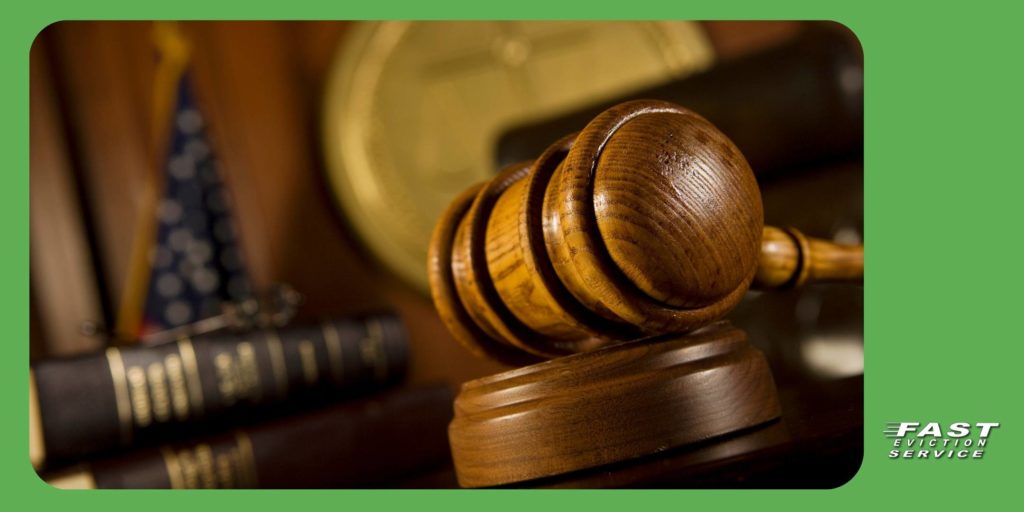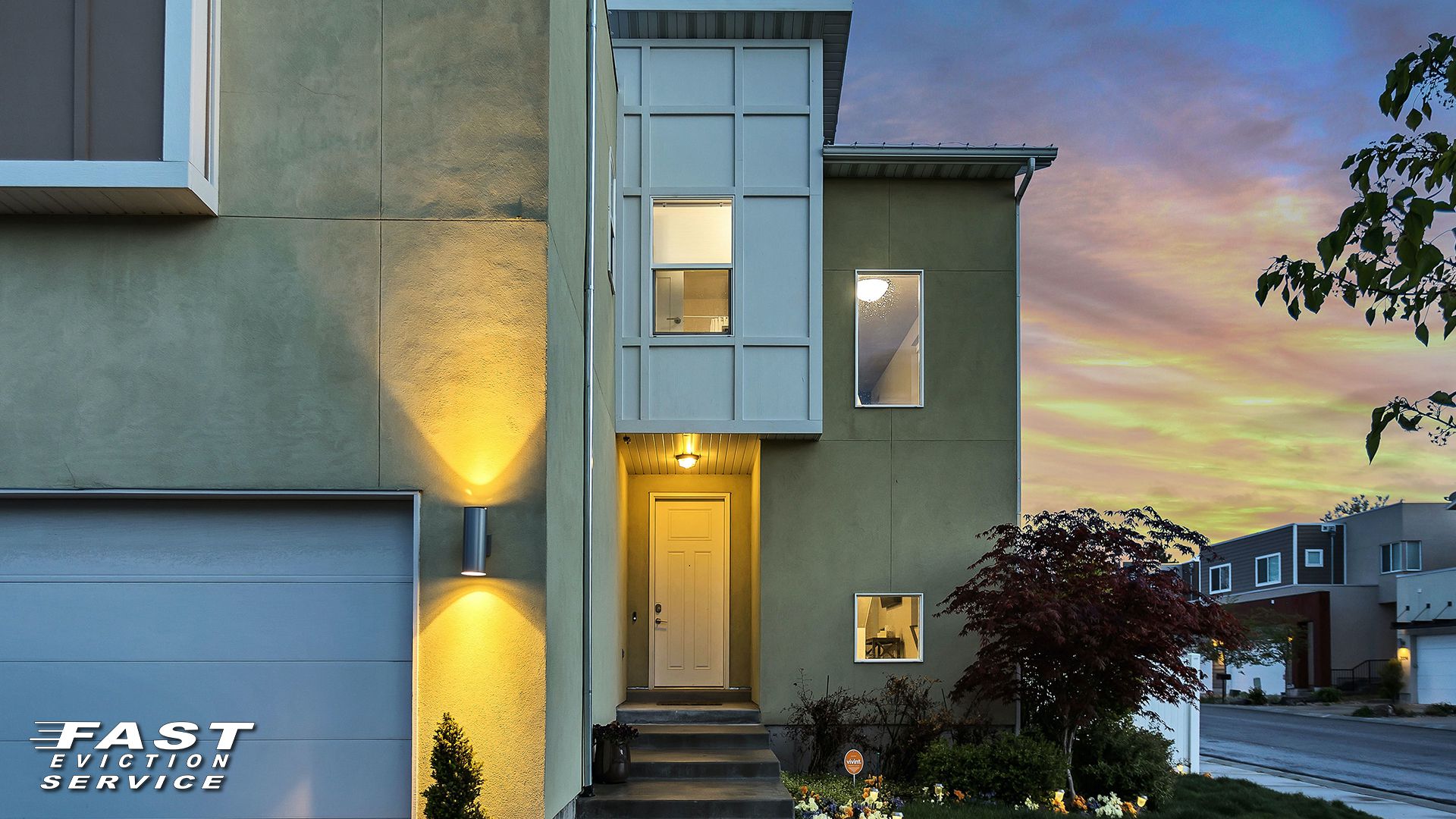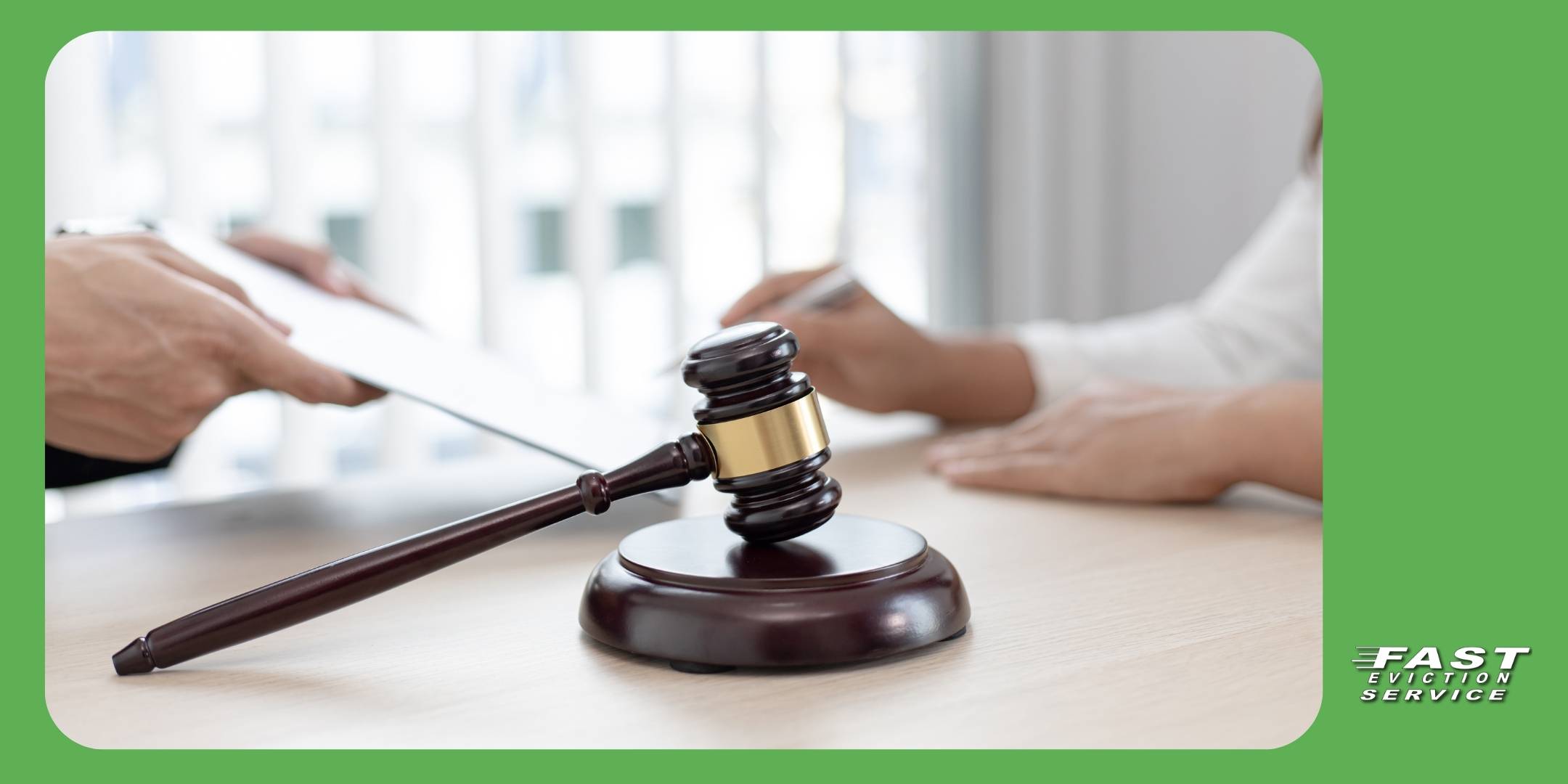As you may already well know, the statewide California Eviction Moratorium (AB 832) expired on September 30th, 2021. With the expiration came many additional questions such as “Can I recover Covid-19 rental debt through small claims court?” In this article, we hope to answer many more questions you may have about small claims court for Covid 19 related rental debt and how you can recover it.
Landlords may begin filing small claims cases against a tenant who owes them Covid-19 related rental debt as of November 1, 2021.

How do I file a small claims court against my tenant for Covid-19 Rental Debt?
Before we begin, it’s important to mention that small claims cases do not determine or award possession of your rental property. It also cannot evict a tenant from your rental property.
What is considered rental debt?
Rental debt is considered any amount that became due by your tenant between March 1st, 2020 and September 30th, 2021. This includes all fees that could be accrued by a tenant under their rental agreement such as utility bills, late rent fees, parking fees and more.
Before a landlord can file a small claims case against their tenant
Before a landlord can file a small claims case in court against their tenant for Covid-19 related rental debt, the landlord (or plaintiff) must be able to provide proof (physical evidence) that they made a “good-faith” effort to assist their tenant (defendant). This includes but not limited to
- searching for governmental rental assistance programs the tenant would qualify for and making the tenant aware of them.
- applying on behalf of the tenant for said government assistance programs.
- cooperating with the tenant’s efforts to obtain government assistance.
The landlord must also make sure that neither the tenant nor the landlord have received government assistance to cover the same amounts the landlord is seeking directly from the tenant in small claims court. This includes having a pending application for either you (the landlord) or the tenant for financial assistance through a government program.
Step 1: Fill out and file an SC-500 Small Claims form
Fill out an SC-500 Small Claims form as best to your ability and email it to smallclaims@fastevict.com. You can download our getting started packet below.
Don’t forget to attach any and all evidence you may have that will help you prove your case, such as
- Evidence that you sought rental assistance for your tenant.
- Rent ledgers which show money owed during the Covid-19 timeframe (mentioned above).
- Pictures of damages to rental property.
- Print out screenshots of text messages, emails and any communication you have had with your tenant regarding the disputed amounts.
Lastly, the tenant needs to be served so that they are aware there is a claim against them, which will also let them know when and where to present themselves for the hearing. Fast Eviction Service has a full Small Claims department ready to help you get your claim started!
Preparing for Small Claims Court for Covid-19 related rental debt
It’s important to prepare your case with your attorney before your scheduled hearing. For Small Claims court, an attorney cannot be present with you in court.
What you should bring to your hearing
You should bring the following items to your small claims hearing.
- Copy of your rental agreement.
- Copies of your ledger showing rental debt accrued during the specified dates.
- Evidence of repairs made to the rental property during Covid-19 period such as contractor invoices, pictures, etc.
- Print out all the communication you have had with your tenant regarding rent and other charges allowed under the rental agreement.
You and your tenant are allowed to bring witnesses that are familiar with anything related to the Covid-19 debt owed.
Important things to keep in mind during Small Claims proceedings for Covid-19 rental debt
During the Small Claims proceedings, the tenant and or their defense counsel will try to claim that they don’t owe you rent. It’s important to keep the following things in mind to make sure the tenant stands no chance.
- Make sure you have sufficient evidence showing you have exhausted all possibilities of finding government rental assistance for your tenant.
- Ensure there isn’t a pending application for government rental assistance.
- You should make sure any payments the tenant made during the Covid-19 period was properly applied to their debt.
- Did you increase or add new fees to your rental agreement during this time period?
- Were you offered any financial compensation by the tenant, government agency or a third party and rejected it? This could possibly get your case thrown out!
- Did you illegally raise rent in retaliation to your tenant not paying rent?
- If your rental agreement was terminated, did you return the security deposit to your tenant?
- Did you respond to any and all of your tenant maintenance requests?
These could all be good points your tenant can bring up in court against you. It’s important to prepare as much as you can before your trial date.
Can the landlord appeal the court’s decision in Small Claims court for Covid-19 rental debt?
No. The decision is final in small claims court but the landlord can file a case in general civil court.
How much can I sue my tenant for in Small Claims?
From November 1st, 2021 through September 30th, 2025, there is no set limit for how much a landlord can pursue in small claims versus a tenant for Covid-19 rental debt. There is also no limit on how many cases a landlord may file during the temporary time frame.
Fast Eviction Service has a fully staffed Small Claims team ready to help you recover what is rightfully yours. Contact us today for more information.




